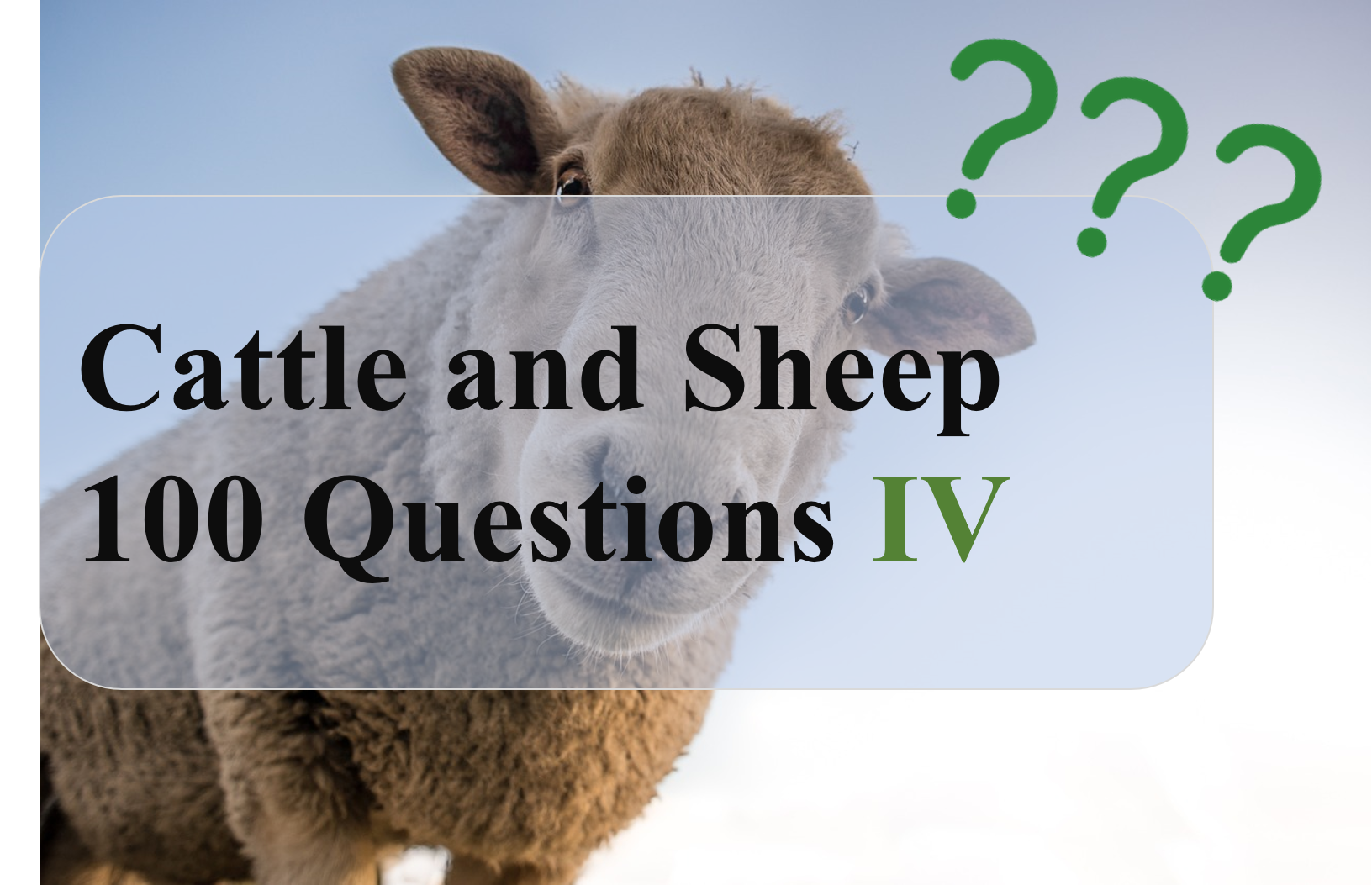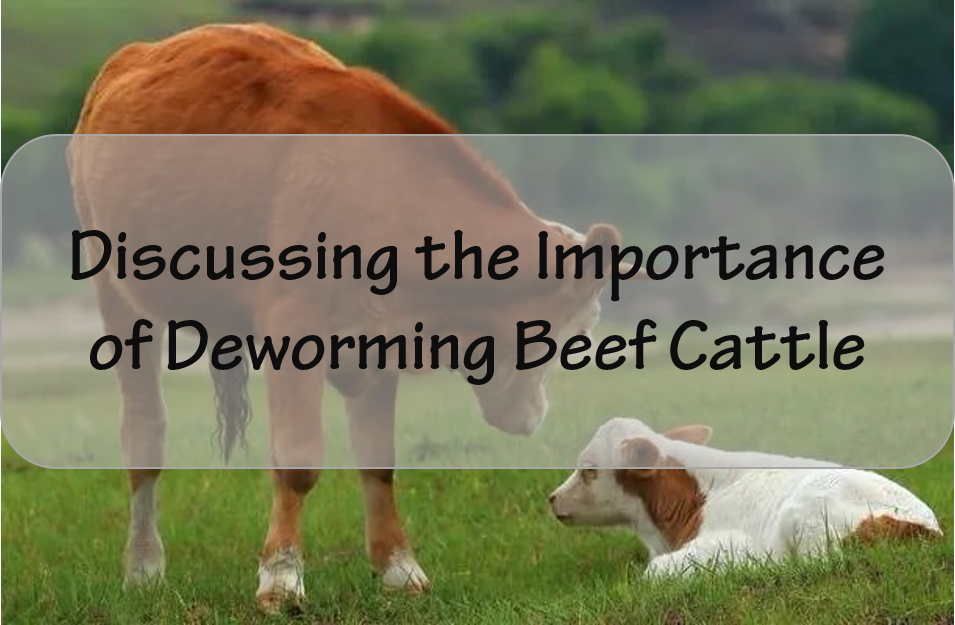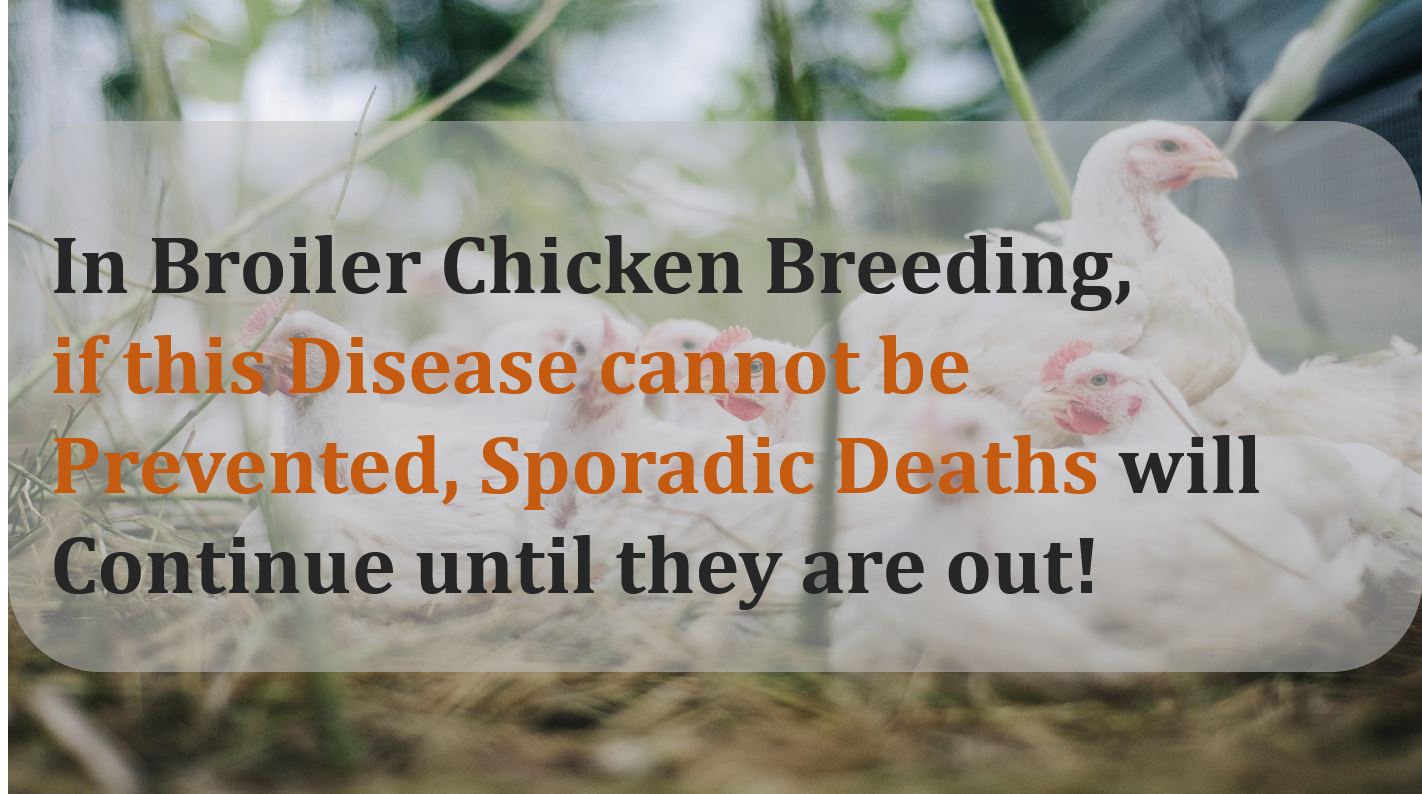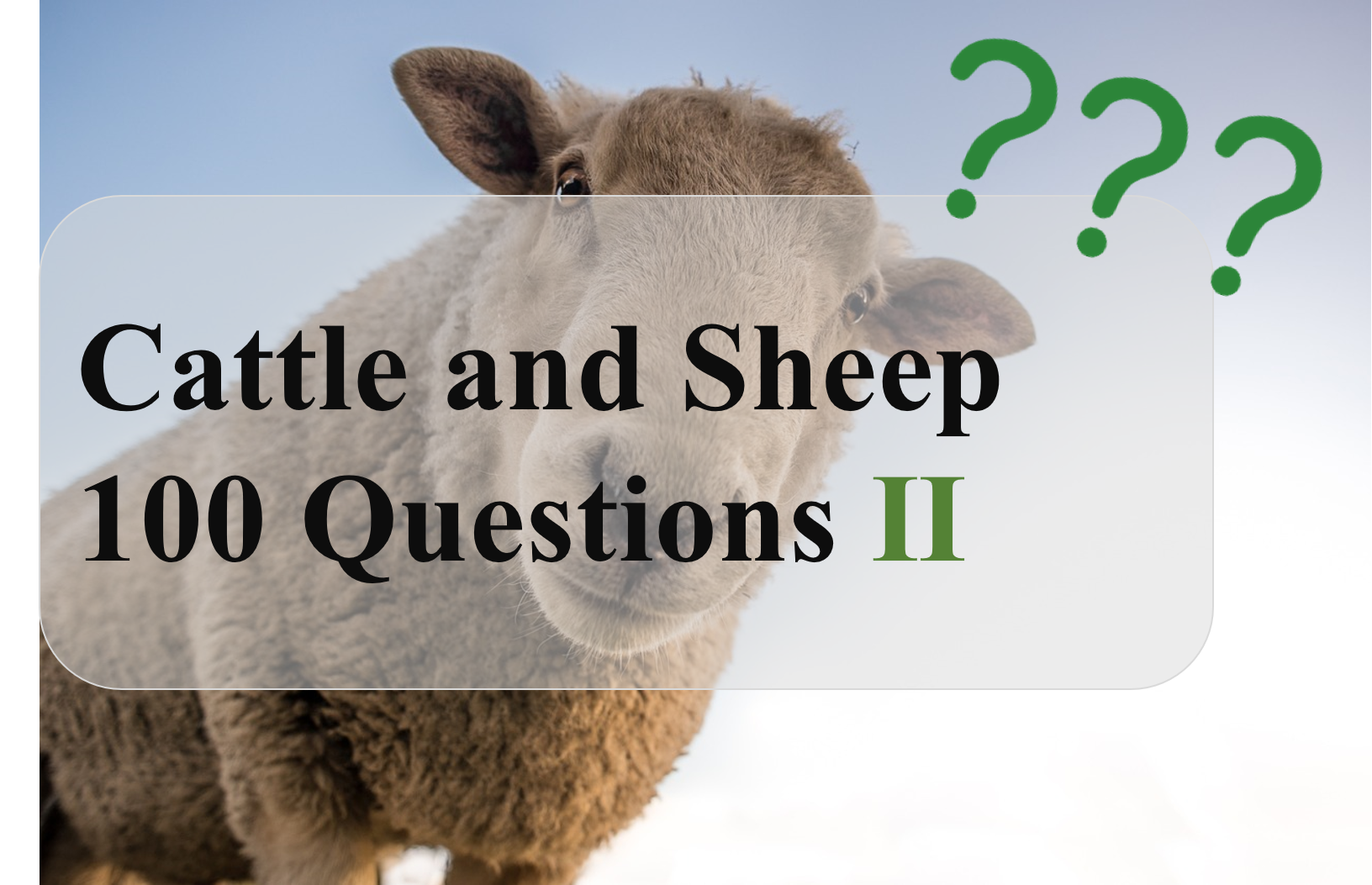|
Effects of β-defensins(Cationic Peptides) Cationic antimicrobial peptides (CAMPs) are present throughout the plant and animal kingdoms and bear striking structural and functional similarities across species lines. (Ellen W. Evans, etc. December 1995)
There is excellent evidence that host defence peptides have activities that correspond to many aspects of innate immunity usually associated with acute inflammation and host defense.
β-defensins are cationic antimicrobial peptide (CAMPs) which can stimulate body to innate immune response when pathogens invade the body( a, b); Same time, defensin help to control chronic inflammation and induce specific immune response(c) (FIG.1).
Figure 1 Effects of cationic peptides on innate response B. Brett Finlay and Robert E. W. Hancock, 2004
When abundant pathogens invade the mucosa across enterocyte, On one hand, cationic peptides is the first one to adhere to pathogens and then kill them. Meanwhile, cationic peptides will recruit more Macrophages to swallow bacterial. In addition, some cationic peptides will stimulate mast cells to release histamine, which is used to dilate blood vessels to release more PMN cells, and induce immune cells to produce more cationic peptides. This process is accompanied by acute inflammation. If the bacteria are not completely eliminated, the cationic peptides will involved in down-regulating inflammatory signaling pathways, repairing the wound, and stimulating the immune response of T cells, this process is accompanied by chronic inflammatory responses, in which cationic peptides act as signaling molecules. Reference: B. Brett Finlay and Robert E. W. Hancock, Can innate immunity be enhanced to treat microbial infections, Nature Reviews∣Microbiology 2004 |
 Cattle and Sheep 100 Questions Ⅳ
Cattle and Sheep 100 Questions Ⅳ
 Discussing the Importance of Deworming Beef Cattle
Discussing the Importance of Deworming Beef Cattle
 In broiler chicken breeding, if this disease cannot be prevented, sporadic deaths will continue until they are out!
In broiler chicken breeding, if this disease cannot be prevented, sporadic deaths will continue until they are out!
 Cattle and Sheep 100 Questions Ⅱ
Cattle and Sheep 100 Questions Ⅱ